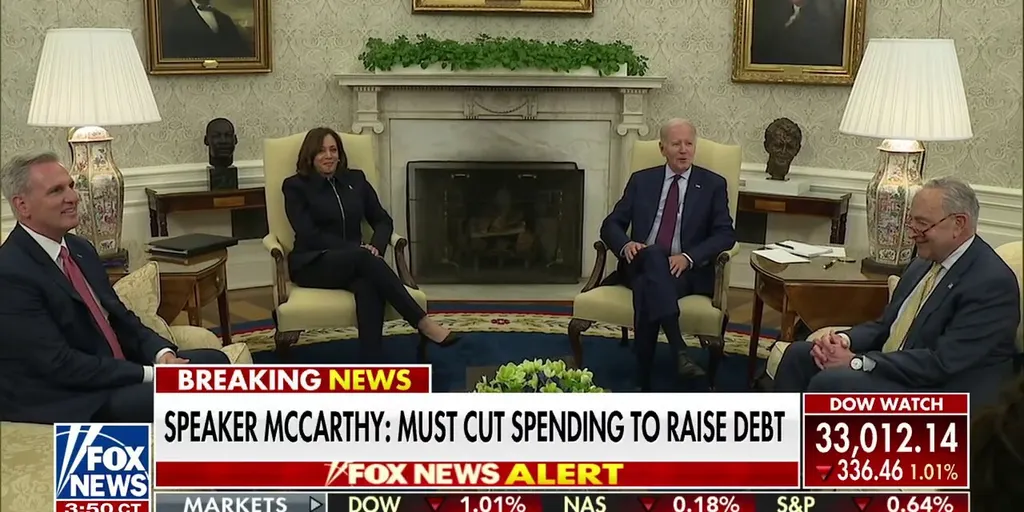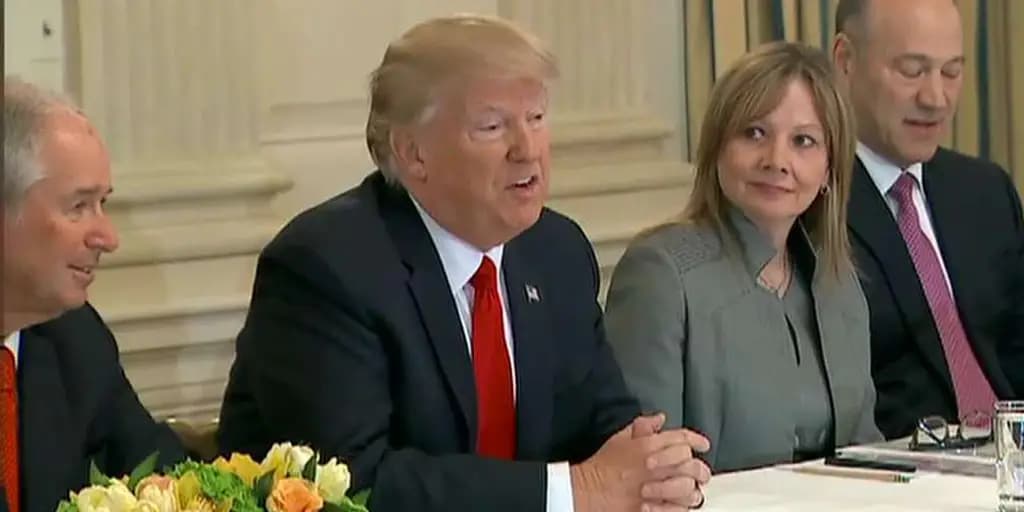The Republican Party is poised to unleash yet another massive tax cut for the wealthy, a move that will deepen the economic crisis for the working class while simultaneously inflating the national debt by an estimated $3.9 trillion over the next decade. This is all part of Donald Trump"s One Big Beautiful Bill Act, a proposal that prioritizes tax breaks for the rich, leaving the most vulnerable members of society to fend for themselves. According to research from the Committee for a Responsible Federal Budget, the consequences of this legislation are dire and indicative of a broader trend of fiscal irresponsibility that the GOP has embraced.
GOP"s Pattern of Tax Cuts for the Wealthy
This is not an isolated incident; it follows a long history of tax cuts that disproportionately benefit the rich. In 2001, George W. Bush enacted sweeping tax cuts, followed by Trump’s own in 2017. Now, we see the same script playing out again in 2025 with Trump"s unprecedented tax legislation. As reported by the Center for American Progress, these cuts are projected to cost taxpayers more than $8 trillion over their lifetime.
The Burden on Working-Class Americans
The implications of these tax cuts extend beyond mere numbers. They signify a deliberate choice to prioritize the wealth of a few over the needs of the many. The proposed legislation will not only exacerbate the existing wealth gap but will also lead to significant cuts in essential services such as Medicaid and educational funding, directly impacting the most marginalized communities. As the Thomson Reuters notes, the bill’s primary focus is tax cuts for corporations and the wealthy, which will ultimately shift the burden onto working families struggling to make ends meet.
\n\n
Congressional debt ceiling fight continues | Fox News Video
Inflating the National Debt
Under Trump"s legislation, the national debt is expected to soar, making the government’s financial future increasingly precarious. While Republicans tout their tax cuts as a means of stimulating economic growth, historical data suggests otherwise. The Tax Cuts and Jobs Act of 2017 has been a prime example, as it failed to deliver on promises of growth, instead adding to the national debt. It is clear that each tax cut for the wealthy only exacerbates the fiscal challenges faced by the government.
Consequences of Fiscal Irresponsibility
The growing national debt is not just a number; it has real consequences for American citizens. As reported by The New York Times, the regressive nature of the One Big Beautiful Bill Act will disproportionately affect lower-income Americans, leading to increased financial strain on families already grappling with uncertainty. The GOP’s refusal to address the growing wealth inequality in America highlights a troubling trend: prioritizing tax cuts for the wealthy while neglecting the needs of the working class.
\n\n
Investigators probe fire at Republican Party"s New Mexico HQ ...
The Urgent Need for Progressive Taxation
As we face a future burdened by debt and ineffective policies, it becomes imperative for progressives to advocate for a shift in tax policy. The U.S. needs a fair taxation system that demands the wealthy pay their fair share. Historical precedents, such as the tax hikes under Bill Clinton, show that it is possible to boost federal revenue without crippling the middle class. As highlighted by the Committee for a Responsible Federal Budget, the current trajectory is unsustainable, and the time for action is now.







![[Video] Gunfire between Iraqi security forces and Sadr militias in Baghdad](/_next/image?url=%2Fapi%2Fimage%2Fthumbnails%2Fthumbnail-1768343508874-4redb-thumbnail.jpg&w=3840&q=75)
